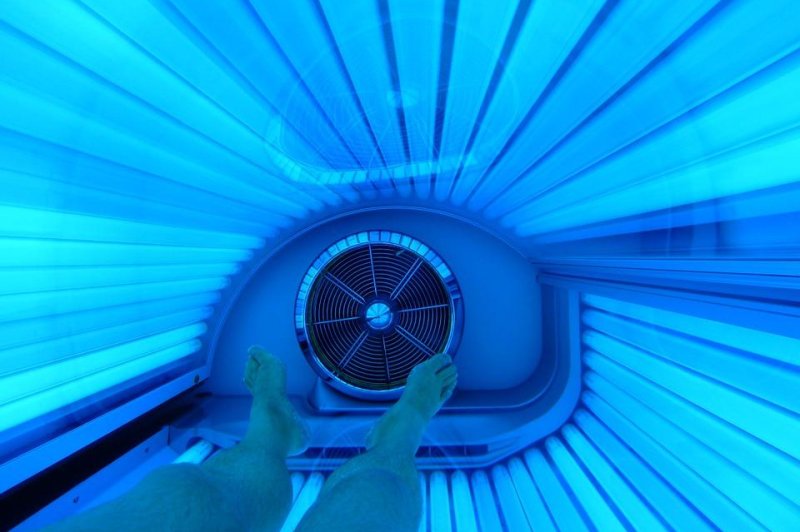New poll shows nearly two-thirds of parents support banning indoor tanning in teens under 18. Photo by
Gerlach/PixaBay
May 15 (UPI) -- Researchers at the Harvard Pilgrim Health Care Institute have found that nearly two-thirds of parents support banning indoor tanning for teens under 18.
Indoor tanning is linked with an increased risk of skin cancer, including melanoma, and is more dangerous for people who start indoor tanning earlier in life.
Mounting evidence of the dangers of indoor tanning has prompted organizations like the World Health Organization and the U.S. Department of Health and Human Services to categorize UV radiation as a carcinogen.
Efforts to curb indoor tanning include the Affordable Care Act implementing a 10 percent excise tax on indoor tanning businesses and in 2015, the U.S. Food and Drug Administration proposed a rule to ban indoor tanning for youth under 18, which is still under consideration.
The survey, conducted with 1,244 parents of children ages 11 to 17 by researchers at Harvard Pilgrim, Georgetown University and the University of Minnesota, found that 65 percent of parents agreed with policies banning indoor tanning for youth under 18, 23 percent had no opinion and 12 percent disagreed with the policies.
"Our study demonstrates parents' broad support of age-based restrictions on indoor tanning for adolescents, particularly when they've been informed of the health risks," Melissa B. Gilkey, of Harvard Medical School's Department of Population Medicine at Harvard Pilgrim, said in a press release. "This study provides valuable information on parents' attitudes toward the public health risks of indoor tanning that should inform public officials re-examining policies concerning the industry."
The study was published in the American Journal of Preventive Medicine.















